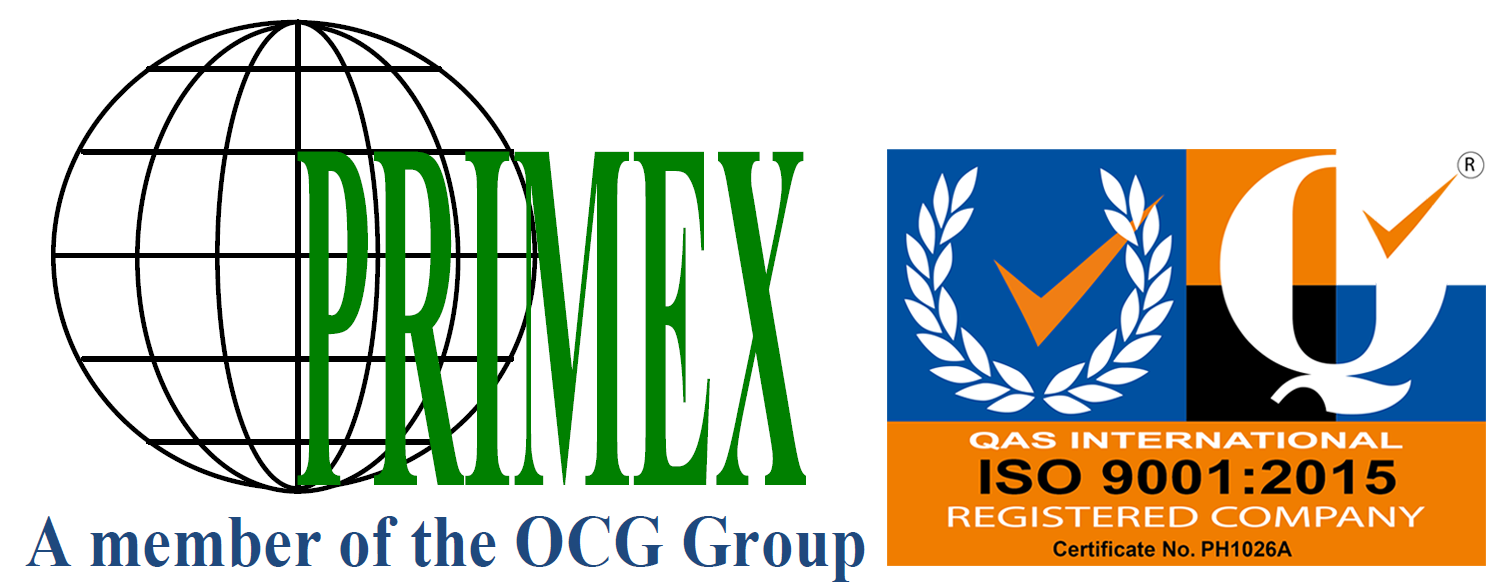Name of Client:
United States Agency for International Development (USAID), Indonesia
Country:
Indonesia
Length of Consultancy Assignment:
Start Date: 16 September 2019
Completion Date: 15 July 2020
Detailed Narrative Description of Project:
The Sustainable Ecosystems Advanced (SEA) Project, a five-year initiative funded by USAID, aimed to enhance the conservation and sustainable use of marine resources by reforming fisheries management and promoting marine protected areas (MPAs) to enhance fisheries productivity, food and nutrition security, and sustainable livelihood within the target area. It also intended to strengthen the leadership role and capacity of the Ministry of Marine Affairs and Fisheries (MMAF) and Provincial Marine and Fisheries Agencies (Dinas Perikanan dan Kelautan) in North Maluku, Maluku, and West Papua to promote conservation and sustainable fishing. The five-year initiative (2016-2021) supported the Government of Indonesia in improving the governance of fisheries and marine resources and to conserve biological diversity. As designed, the project targets to achieve the following high-level results: (i) at least six million hectares (ha) in the target fisheries management areas (FMAs) (wilayah pengelolaan perikanan [WPP] or sub-WPP under improved fisheries management as a result of US Government (USG) assistance, measured through the MMAF’s ecosystem approach to fisheries management (EAFM) and MPA effectiveness index scores or other approved national or international standards, disaggregated by national, provincial, and district jurisdiction and by whether they are within or outside the MPAs; (ii) at least six policies, laws, regulations, and/or operational protocols in support of marine conservation and sustainable fisheries management created, strengthened, promulgated, and/or enforced at all levels; and (iii) key drivers and highest rated pressures to marine biodiversity show a declining trend in the target areas. The USAID SEA Project consisted of five strategic approaches (SAs) or components, namely: (i) SA1: create demand for marine and fisheries resources management and marine conservation through awareness raising and advocacy; (ii) SA2: improve ecosystem management of FMA 715 and marine protected areas (MPAs); (iii) SA3: increase incentives for marine stewardship; (iv) SA4: advance the development of marine and fisheries policies and regulations; and (v) SA5: institutionalize training and capacity building.
PRIMEX was engaged by USAID/Indonesia to carry out a Mid-term Performance Evaluation (MTPE) of the project. The PRIMEX Evaluation Team was composed of the following experts: (i) Team Leader/Marine Conservation and Sustainable Fisheries Specialist; (ii) Senior Evaluation Specialist; (iii) Senior Survey Specialist/Statistician; (iv) National Evaluation Specialist; and (v) National Fisheries Expert. The Team was tasked to: (i) conduct a review of USAID SEA’s midterm performance and analyze the factors and conditions that enhanced or diminished the achievement of these results; (ii) to identify the challenges and influencing factors of selected midterm results (policies/regulations, trainings, livelihoods, and marine tenure) by analyzing achievement against selected strategic approaches and theory of change (TOC) and to which extent the project has been or is able to address these challenges; (iii) based on findings in objectives (i) and (ii), provide recommendations to improve project implementation effectiveness; and (iv) based on findings of objectives (i) and (ii), provide recommendations to USAID for future project design in building Indonesia’s capacity and ability to effectively manage their own resources. The Team utilized three data collection methods, namely: (i) desk review of available project documents; (ii) key informant interviews (KIIs); and (iii) focus group discussions (FGDs). The Team assessed the project’s mid-term performance based on progress indicators reported in the project’s Monitoring, Evaluation, and Learning (MEL) Plan (supported by project reports/documents) and validated using the KII and FGD outputs. The Team compared the midterm achievements of the project with its targets (according to their strategic approaches and corresponding result indicators) for the first three years of implementation (March 2016 [as baseline] to September 2019). They also identified and described the facilitating and hindering factors impacting project performance and offered recommendations to improve implementation effectiveness in selected project SAs.
